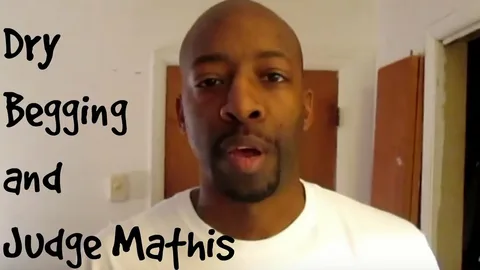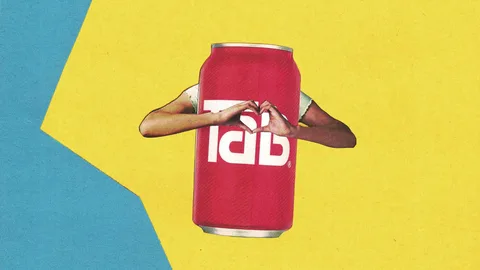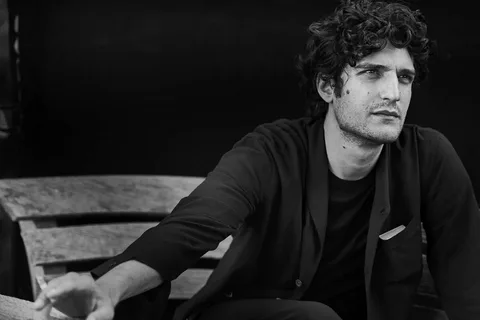Table of Contents
Introduction:
Dry begging is when someone asks for help without really asking out loud. They may say something sad or drop hints, hoping someone offers help. Dry begging is common online and in real life. It’s a soft way of asking without saying the real need. In this blog post, we will learn what dry begging means, how to spot it, and what to do about it.
What Is Dry Begging and Why People Do It
Dry begging is when someone asks for something without really asking. They might say, “I wish I could afford new shoes,” hoping someone gives them money or shoes.
Many people use dry begging because they feel shy. They don’t want to ask for help directly, so they drop hints instead. It’s their quiet way of saying, “Please help me,” without using those words.
How Dry Begging Looks on Social Media
On social media, dry begging can look like a sad story. A person may say, “I’ve been so tired walking to work lately,” hoping someone offers to help.
Another example of dry begging is posting photos of empty fridges or unpaid bills. They don’t ask for money, but they hope someone sends them help. These quiet signals are often planned.
The Hidden Meaning Behind Dry Begging Posts
Many dry begging posts sound like someone is just sharing feelings. But deep down, they are hoping for gifts, likes, or support. It’s a soft way of asking.
People might not even know they’re dry begging. They just share their tough days, but they hope for something more. That hidden hope is what makes it dry begging.
Why Dry Begging Is Not Always Honest
Sometimes dry begging feels like tricking people. It hides the real need behind stories, so others don’t see the full truth.
Others feel it’s not fair because the person should ask clearly. If someone wants help, they should be honest. Dry begging hides the ask, and that can confuse people.
Is Dry Begging the Same as Asking for Help?
Dry begging is not the same as asking for help. When you ask for help, you use clear words like, “Can you help me?” That’s honest and direct.
In dry begging, people speak around the need. They share clues but don’t say it fully. That makes it harder to understand or trust the person’s message.
Dry Begging in Friendships: What to Watch For
In friendships, dry begging can be tricky. A friend might say, “I wish someone could treat me to lunch,” and look at you. It’s a quiet way to ask.
This can make others feel bad or confused. They may feel forced to help just to keep the friendship. Dry begging can cause small fights or hurt feelings.
How to Tell If Someone Is Dry Begging
It’s not always easy to see dry begging. But if someone keeps posting sad stuff or hinting at troubles without asking for help directly, it may be a sign.
Another clue is when they wait for others to offer help after sharing a story. If this happens often, it could be dry begging and not just simple sharing.
Why Dry Begging Makes People Feel Awkward
Dry begging can make people feel strange. They don’t know if they should help or just say kind words. The quiet ask makes things unclear.
It also puts pressure on others. They may feel guilty if they don’t help. Dry begging makes things emotional and a little uncomfortable for everyone.
How Dry Begging Affects Online Communities
In online groups, dry begging can be a problem. When many people start dry begging, it takes away space from real stories and talks.
Other members might feel tricked or annoyed. They may leave or stop talking. Too much dry begging makes the group feel less happy and helpful.

Ways to Help Without Encouraging Dry Begging
It’s okay to help, but we can do it wisely. Ask the person if they truly need help before sending anything. Make sure they are being honest.
You can also share helpful advice or kind words. That shows support without pushing people to keep dry begging. Being kind doesn’t mean giving too much.
How to Speak Up Instead of Dry Begging
If someone needs help, they should ask clearly. Saying, “I need help with food this week,” is better than hinting. Honest words make things easier.
Speaking up also helps others trust you more. It shows that you are brave and open. People are more likely to help when they know what you need.
Final Thoughts: Is Dry Begging Good or Bad?
Dry begging is not always bad. Sometimes people are scared to ask for help. They use small hints because they don’t know what to say.
But dry begging can also hurt trust. It’s better to be honest and clear. In the end, helping should come from truth, not quiet tricks or hidden asks.
Conclusion:
Dry begging is a soft way of asking for help without saying it clearly. People do it to feel safe or avoid shame. But it can make others feel confused or guilty. Being open and asking kindly is always the better choice. It builds trust, and real help comes from honest words.















Leave a Reply